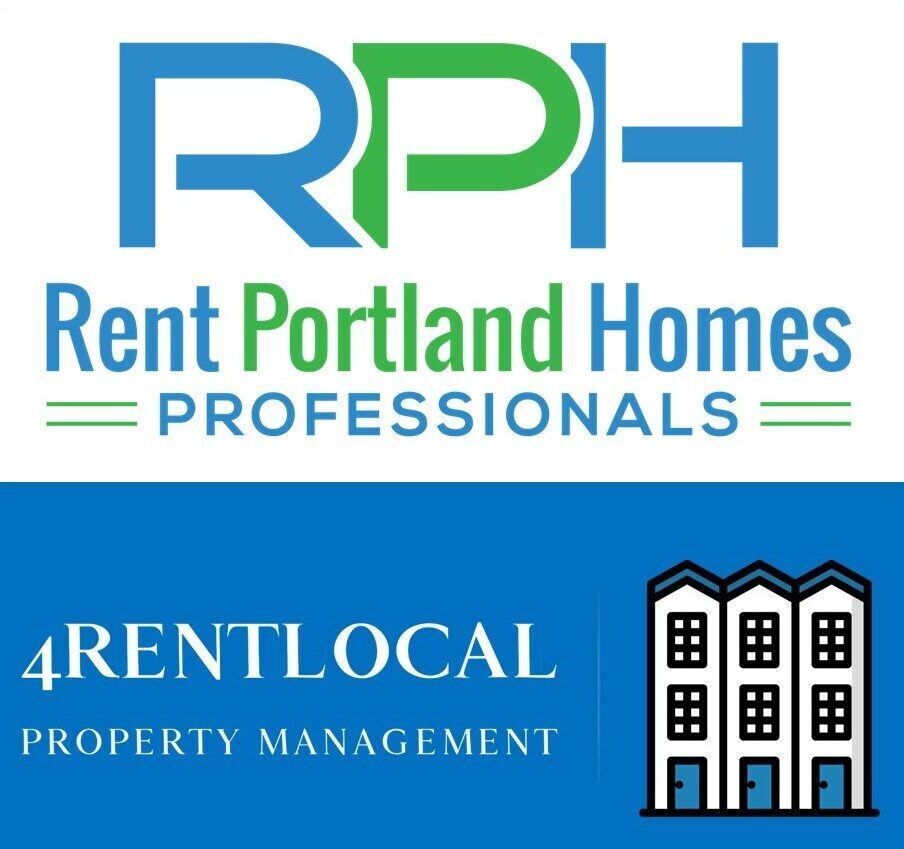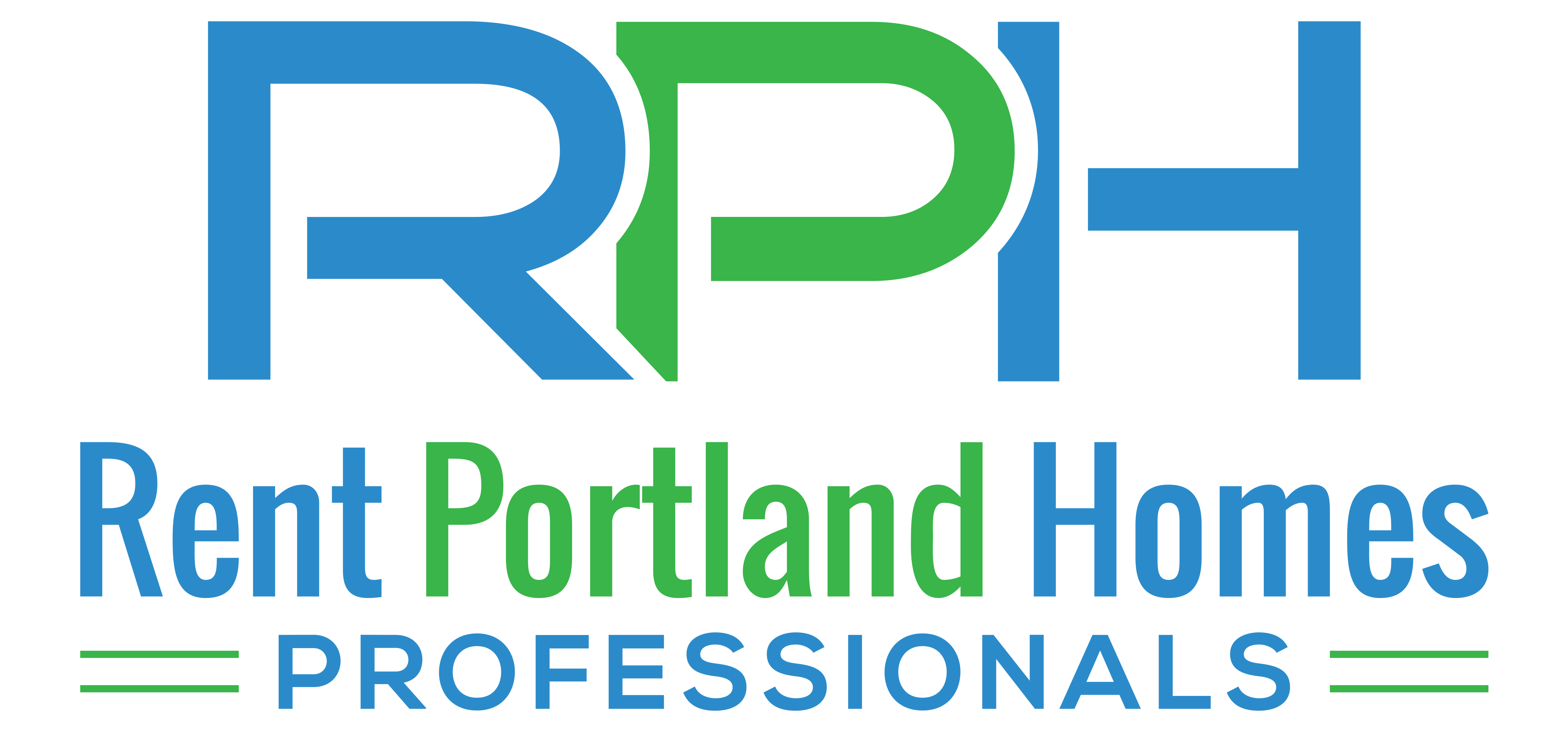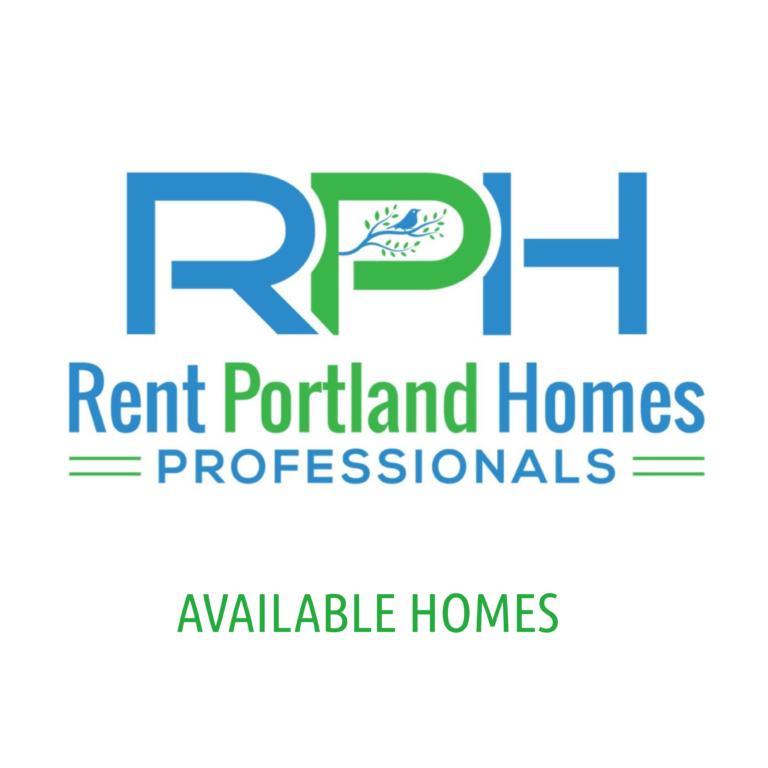Rental Property ROI: How to Calculate and Boost Your Investment Returns
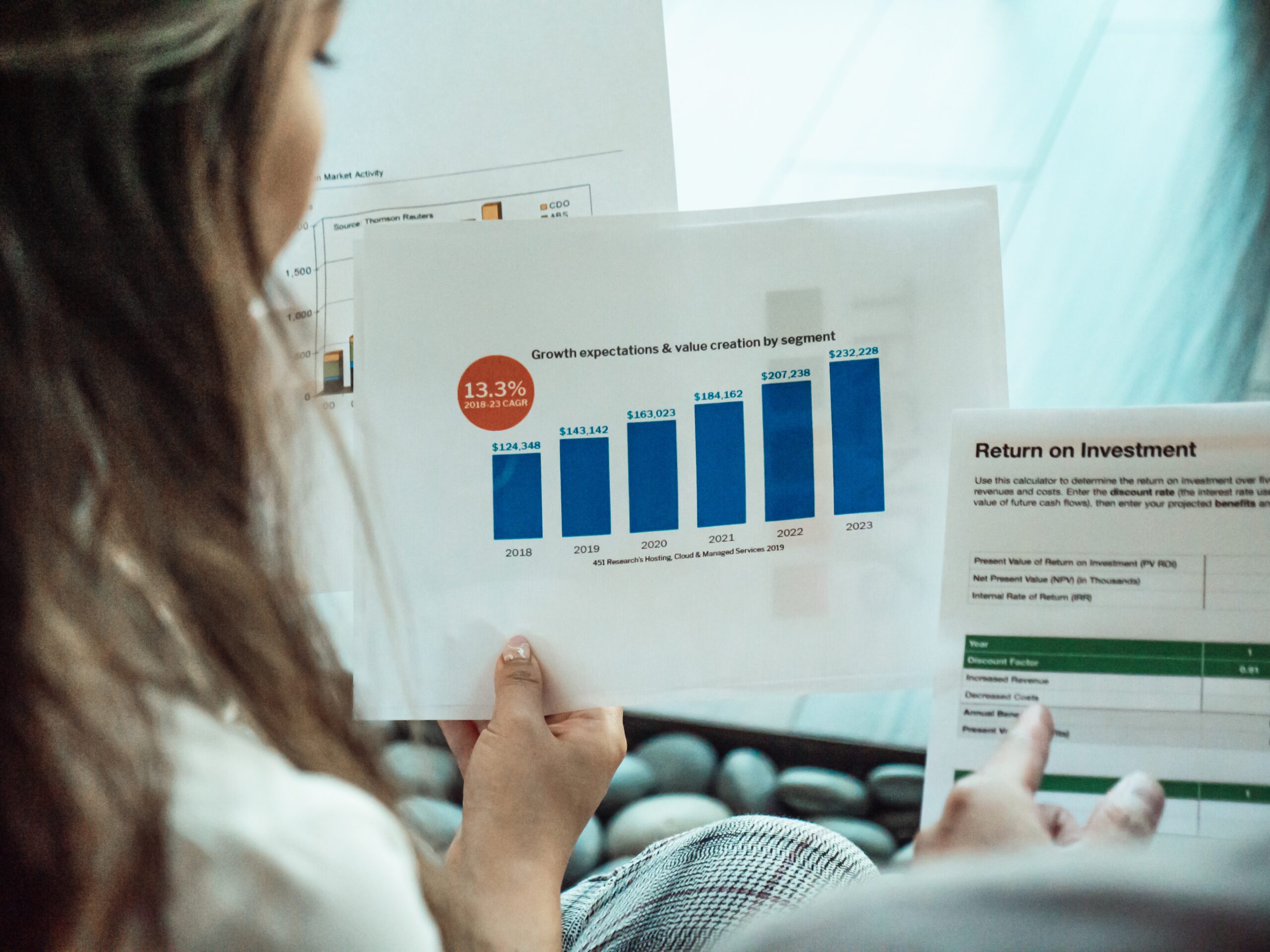
Introduction to rental property investing
Rental property investing can be a lucrative way to build wealth and generate passive income. Unlike stocks and bonds, rental properties provide a tangible asset that you can control and leverage for profit. When you own a rental property, you can earn income from rent payments, build equity as the property appreciates in value, and take advantage of tax benefits such as deductions for mortgage interest and property taxes.
However, rental property investing also comes with its own unique set of challenges. You need to find the right property in the right location, manage tenants and maintenance, and navigate local laws and regulations. Additionally, rental properties require a significant upfront investment, which can be a barrier to entry for some investors.
Understanding ROI and its importance for rental property investors
ROI is a key metric for evaluating the performance of your rental properties. It measures the amount of profit you’re making relative to the amount of money you’ve invested. For rental properties, ROI is typically calculated as the annual net income divided by the total cost of the property.
As a rental property investor, you should aim to maximize your ROI in order to generate the greatest possible return on your investment. A high ROI means that you’re earning a greater percentage of your investment each year, which can help you build wealth and achieve your financial goals faster.
How to calculate ROI for rental properties
Calculating ROI for rental properties involves several steps. First, you need to determine the annual net income, which is the amount of money you earn from rent payments minus the expenses associated with owning and operating the property. This includes things like property taxes, mortgage payments, insurance, maintenance and repairs, and property management fees.
Once you have the annual net income, you can calculate the ROI by dividing it by the total cost of the property. This includes not only the purchase price, but also any closing costs, repairs or renovations, and other expenses associated with acquiring the property.
For example, let’s say you purchase a rental property for $200,000. You put down a 20% down payment of $40,000, and you pay $10,000 in closing costs and $20,000 in renovations. Your total cost for the property is $70,000. You rent out the property for $2,000 per month, or $24,000 per year. After deducting expenses such as property taxes, insurance, mortgage payments, and maintenance, your annual net income is $12,000.
To calculate the ROI, you would divide the annual net income of $12,000 by the total cost of the property of $70,000, then multiply by 100 to get a percentage. In this case, your ROI would be 17.1%.
Factors that affect rental property ROI
There are several factors that can impact the ROI of a rental property. The most important of these are:
Location
The location of a rental property can have a major impact on its ROI. Properties in high-demand areas with low vacancy rates and strong rental markets are likely to generate higher rents and appreciate in value more quickly. In contrast, properties in declining or less desirable areas may struggle to attract tenants and may not appreciate in value as quickly.
Property type
The type of property you invest in can also impact your ROI. Single-family homes tend to be easier to rent out and have lower maintenance costs, but may not generate as much income as multi-unit buildings. Commercial properties can offer higher rental income, but may also come with higher operating expenses and greater risk.
Condition
The condition of the property can also impact its ROI. Properties that require extensive renovations or repairs may have lower ROI in the short term, but may appreciate in value more quickly once the work is done. Well-maintained properties with modern amenities may be more attractive to tenants and command higher rents.
Financing
The way you finance your rental property can also impact its ROI. A higher down payment can reduce your monthly mortgage payments and increase your ROI. However, taking on too much debt can also increase your risk and reduce your overall profitability.
Strategies to boost rental property ROI
If you’re looking to boost your rental property ROI, there are several strategies you can try:
Increase rents
One of the easiest ways to boost your ROI is to increase the rent you charge. This can be done by improving the property, adding amenities, or simply raising rents in response to market demand.
Reduce expenses
Reducing your expenses can also help to boost your ROI. This can be done by finding more cost-effective insurance or property management services, negotiating better rates with contractors, or making energy-efficient upgrades to the property.
Add value
Adding value to the property can also increase its ROI. This can be done by making renovations or upgrades that make the property more attractive to tenants, such as adding a new kitchen or bathroom, installing new flooring or appliances, or landscaping the yard.
The importance of maintenance and upgrades for rental property ROI
Maintenance and upgrades are crucial for maintaining the value of your rental property and maximizing your ROI. Regular maintenance can help to prevent costly repairs down the line and keep your property in good condition for tenants. Upgrades can also help to increase the value of the property and make it more attractive to tenants, which can lead to higher rents and greater profitability.
How to find and purchase high ROI investment properties
Finding and purchasing high ROI investment properties requires research and due diligence. Some strategies to consider include:
Researching the local market
Understanding the local rental market is crucial for identifying high ROI investment properties. You’ll want to look for areas with low vacancy rates, strong rental demand, and potential for property value appreciation.
Networking with other investors
Networking with other rental property investors can help you find new investment opportunities and learn about the local market from those with experience.
Working with a real estate agent
Working with a real estate agent who specializes in rental properties can help you find Oregon properties that meet your investment goals and negotiate the best price.
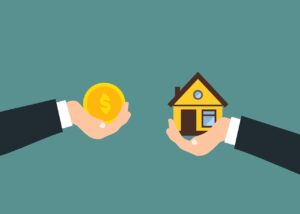
Financing options for rental property investors
There are several financing options available for rental property investors, including:
Conventional mortgages
Conventional mortgages are offered by banks and other lenders and typically require a 20% down payment. These loans offer competitive interest rates and terms but can be difficult to qualify for.
FHA loans
FHA loans are government-backed loans that require a lower down payment but come with additional fees and requirements.
Hard money loans
Hard money loans are short-term loans that are secured by the property itself. These loans can be easier to qualify for but come with higher interest rates and fees.
Risks and challenges of rental property investing
Rental property investing comes with several risks and challenges that investors should be aware of. These include:
Vacancy rates
High vacancy rates can be a major challenge for rental property investors. When your property is empty, you’re not earning any income, but you still have to cover expenses such as mortgage payments and maintenance.
Property damage
Tenants can cause damage to your property that can be costly to repair. This is why it’s important to have a solid lease agreement and conduct regular inspections to identify any issues before they become major problems.
Legal and regulatory issues
Rental properties are subject to a variety of local laws and regulations, including zoning restrictions, building codes, and tenant rights laws. Violating these laws can result in fines and legal action.
Conclusion and final thoughts on rental property ROI
Rental property investing can be a lucrative way to generate passive income and build wealth. Understanding ROI and its importance is crucial for evaluating the performance of your rental properties and identifying areas for improvement. By following the strategies outlined in this article and staying vigilant about maintenance, upgrades, and market trends, you can achieve a high ROI and maximize your investment returns.
Contact Us
Ready to start investing in rental properties? Let our team manage your investment property for you!
To learn more about the property management services that we can offer you, contact us today by calling (503) 791-4610 or click here to connect with us online.
